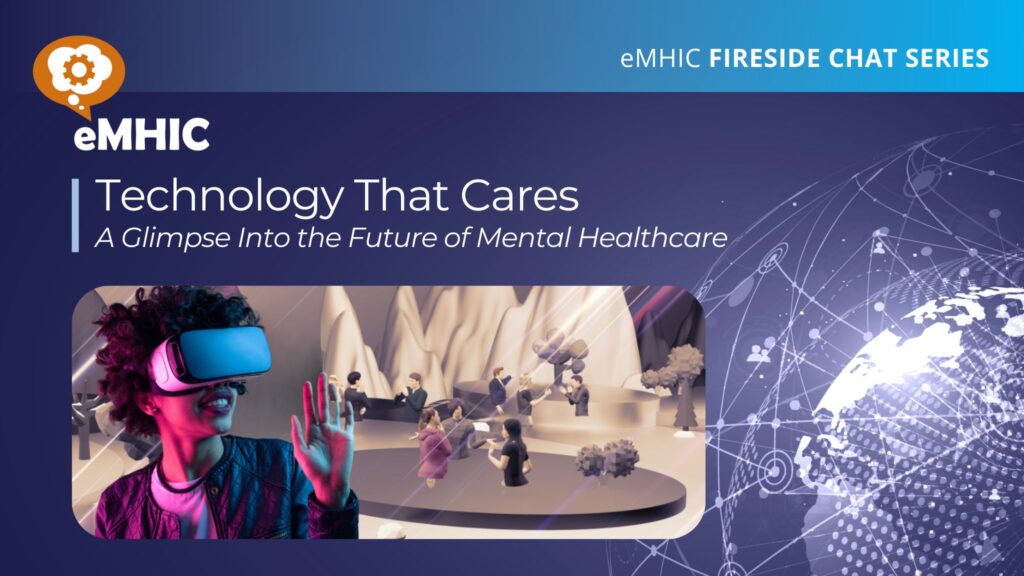This paper provides a commentary emerging from work by authors with lived experience, and those without, that explored accountability in digital mental health technologies and services. The commentary offers guidance to anyone interested in supporting lived experience-led, and collaborative governance of, digital mental health technologies. This guidance, drawing on interdisciplinary …
Expert Opinions
-
-
Global Leadership Exchange focuses on sharing knowledge and providing leaders around the world with connections, resources and support to develop their leadership skills. We do this in a collaborative and open way that stimulates problem solving actions. There are many of those problems to consider in the fields of mental …
-
Use of artificial intelligence (AI), advanced analytics, and workflows are going to be required for mental health organizations to be more efficient and effective, maximize revenue, and provide improved outcomes. In fact, we’re seeing a growing number of AI technologies and algorithms in use by mental health providers. Those who …
-
In the ever-evolving landscape of healthcare, digital health stands as a towering pillar of innovation, promising revolutionary advancements in patient care and treatment. Yet, despite its grandeur and the cacophony of buzz surrounding it, there exists a significant obstacle impeding its widespread adoption: awareness.
-
Embedding lived experience into digital mental health involves integrating the real-life experiences of individuals who have personally navigated mental health challenges into the design, development, and delivery of digital mental health solutions.
-
For over 34 years, KHP demonstrated its commitment to improve youth access to mental health support, through innovation. When the organization began, we were the first national helpline to provide professional counselling directly to children and youth across Canada — based on the central belief that young people deserved a …
-
New Zealand (NZ) is ideally situated in the Pacific Ocean, it is home to 5.12 million people with a population density of 20 people per square kilometer. It is a land of glorious green forests, soaring mountains and sandy beaches, a land made famous by Peter Jackson’s Hobbit movies. However …
-
Depression is a major public health problem, affecting hundreds of millions of people across the globe. The personal suffering of patients and their families is enormous and the economic costs associated with depression are vast. There are effective treatments, but they do not always work. Most people suffering from depression …
-
Sleep is a crucial component of mental health, playing a key role in emotion regulation, memory consolidation and cognitive function. Think of how often someone’s said to you, “You’ll feel better with a good night’s sleep.”
-
How Behavioral Health Providers Can Tackle Staffing Issues With Technology
by Oxehealthby OxehealthMost health care providers agree that the overwhelming issue they currently face is staff retention and recruitment. The American Hospital Association recently called the workforce shortage that hospitals are experiencing a “national emergency,” projecting the overall shortage of nurses to reach 1.1 million by the end of the year.
Related Topics
Search Our Knowledge Bank
Upcoming Events
Webinar Replays
Member Login
Our Audience
eMHIC has and audience of 7 member countries (and growing) with thousands of subscribers around the worlds.
Something to share?
We value high quality information and will gladly receive your contribution




